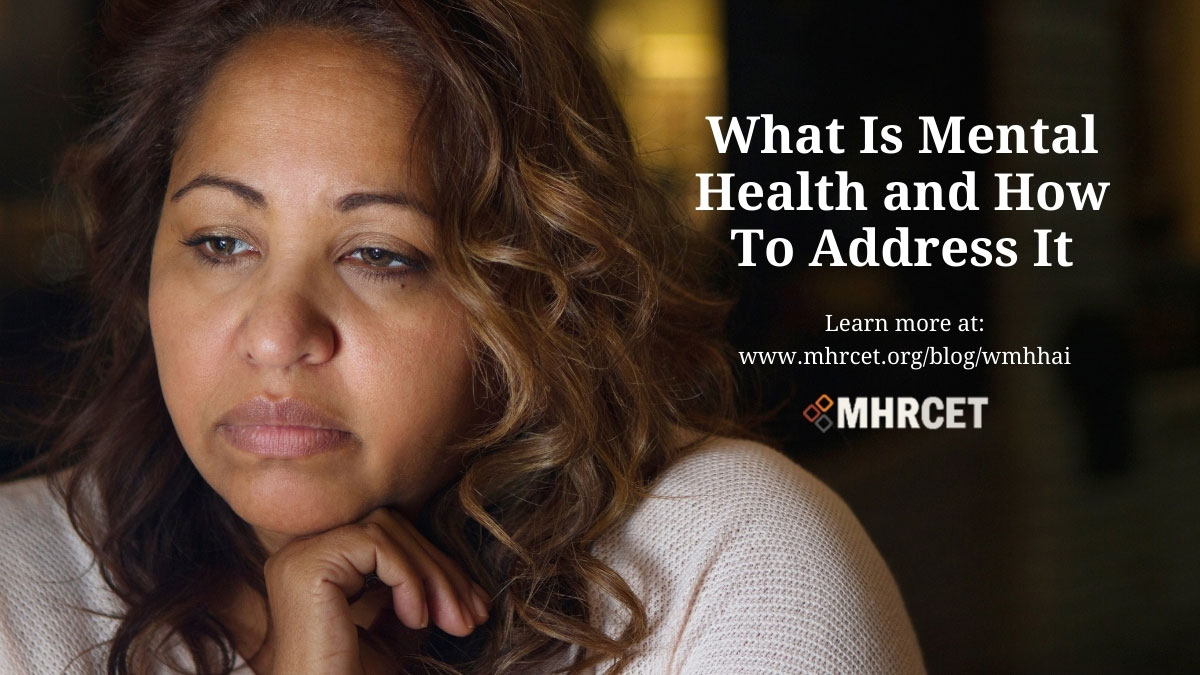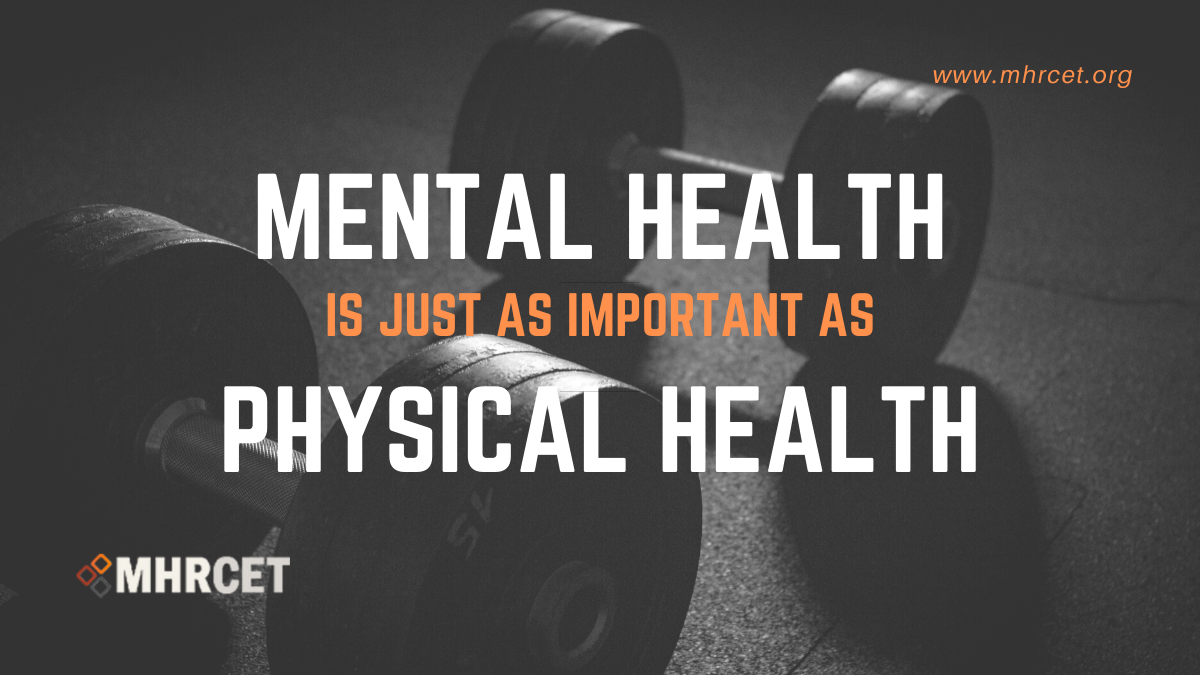AS STATES CONTINUE TO GRAPPLE WITH THE OPIOID EPIDEMIC, WHICH CLAIMS THE LIVES OF MORE THAN 115 PEOPLE EVERY DAY, LAWMAKERS ARE WORKING TO BETTER ADDRESS THE NATION’S MENTAL HEALTH AND SUBSTANCE ABUSE ISSUES.
“I think states are finally starting to admit in a meaningful way just how big of an issue mental health care is and mental health care needs are” says David Radley, a senior scientist at The Commonwealth Fund, which released its annual Scorecard on State Health System Performance on Thursday.
The report, authored by Radley and two of his colleagues, evaluates states across a number of health-related topics, including how well states are supporting residents with mental illnesses.
Radley says mental health care has traditionally not received the attention it deserves, in part because of the stigma associated with admitting to having a mental illness. But the opioid crisis, he says, has forced states to acknowledge the problem.
Though the topic of mental health is becoming less taboo and some progress has been made in access to treatment, states still have a long way to go in meeting the needs of those with a mental illness, the study reveals.
Between 2013 and 2015, 56 percent of U.S. adults with a mental illness received no treatment, the study concluded, based on data from the National Survey of Drug Use and Health. In Nevada, nearly two-thirds of adults did not receive treatment and even in Maine, the highest-performing state, 41 percent of adults were left untreated.
Still, a higher percentage of people were treated during this time frame than from 2009 to 2011, when 59 percent of adults did not receive the help they needed, and 28 states’ scores improved.
The Commonwealth Fund report also looked at the gap in children’s treatment needs in 2016. At 18 percent, the national average of untreated children was far lower than that of adults. In Georgia, 34 percent of children did not receive the treatment they needed.
Published by:
U.S. News














